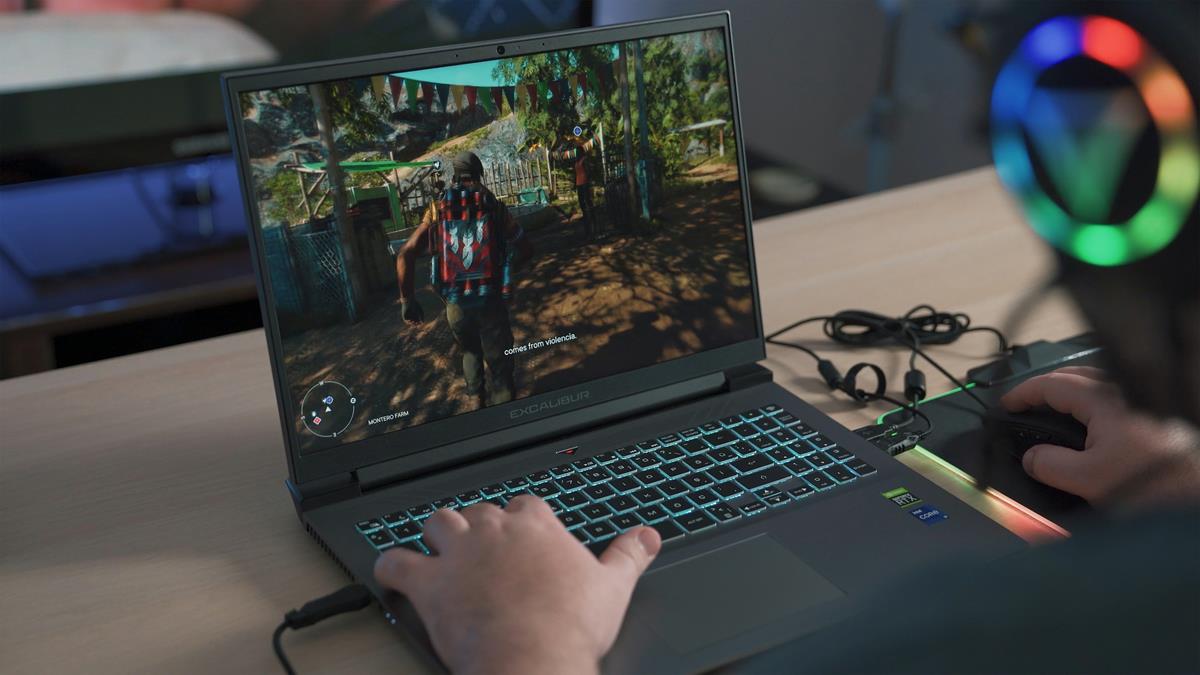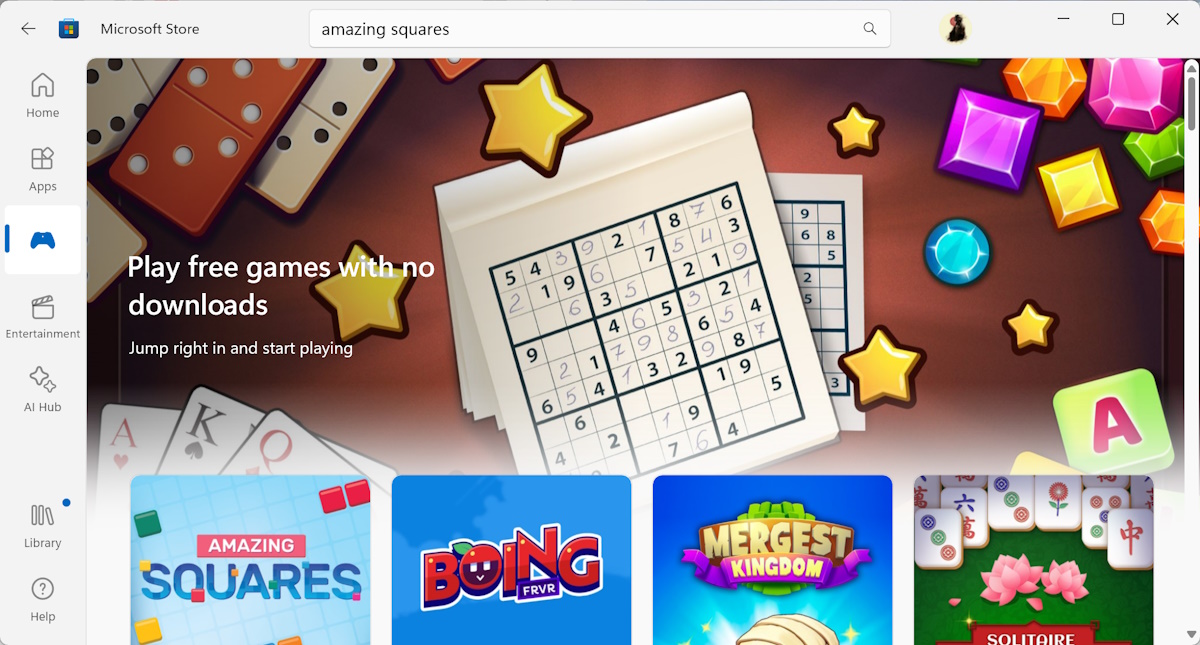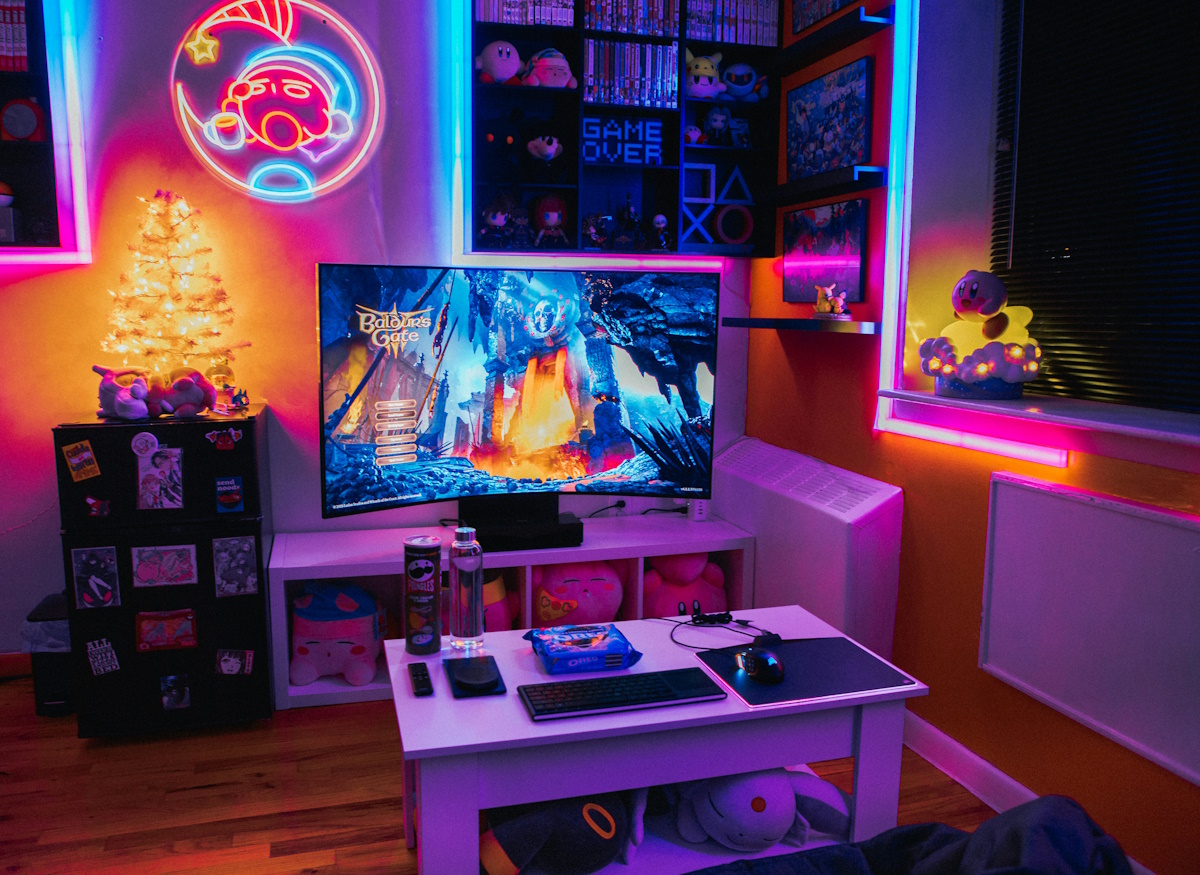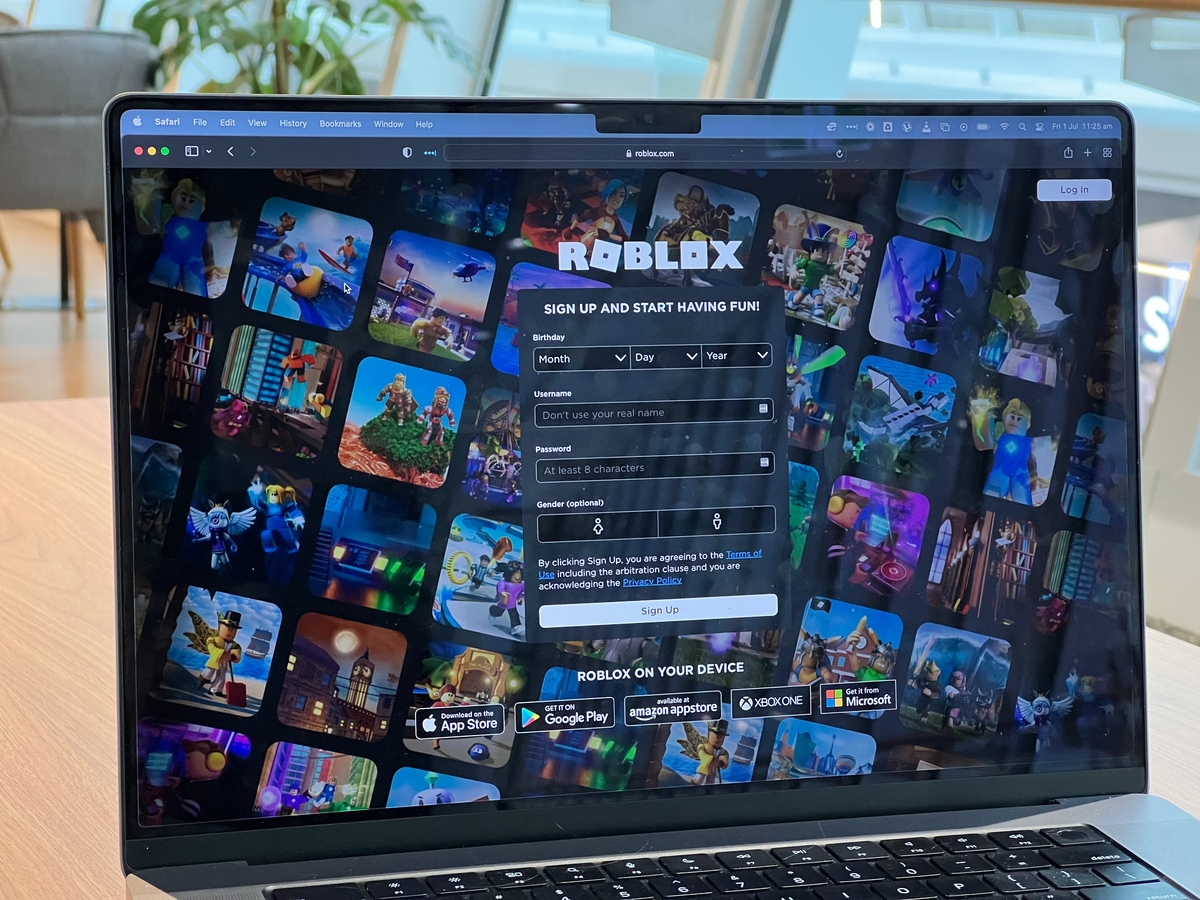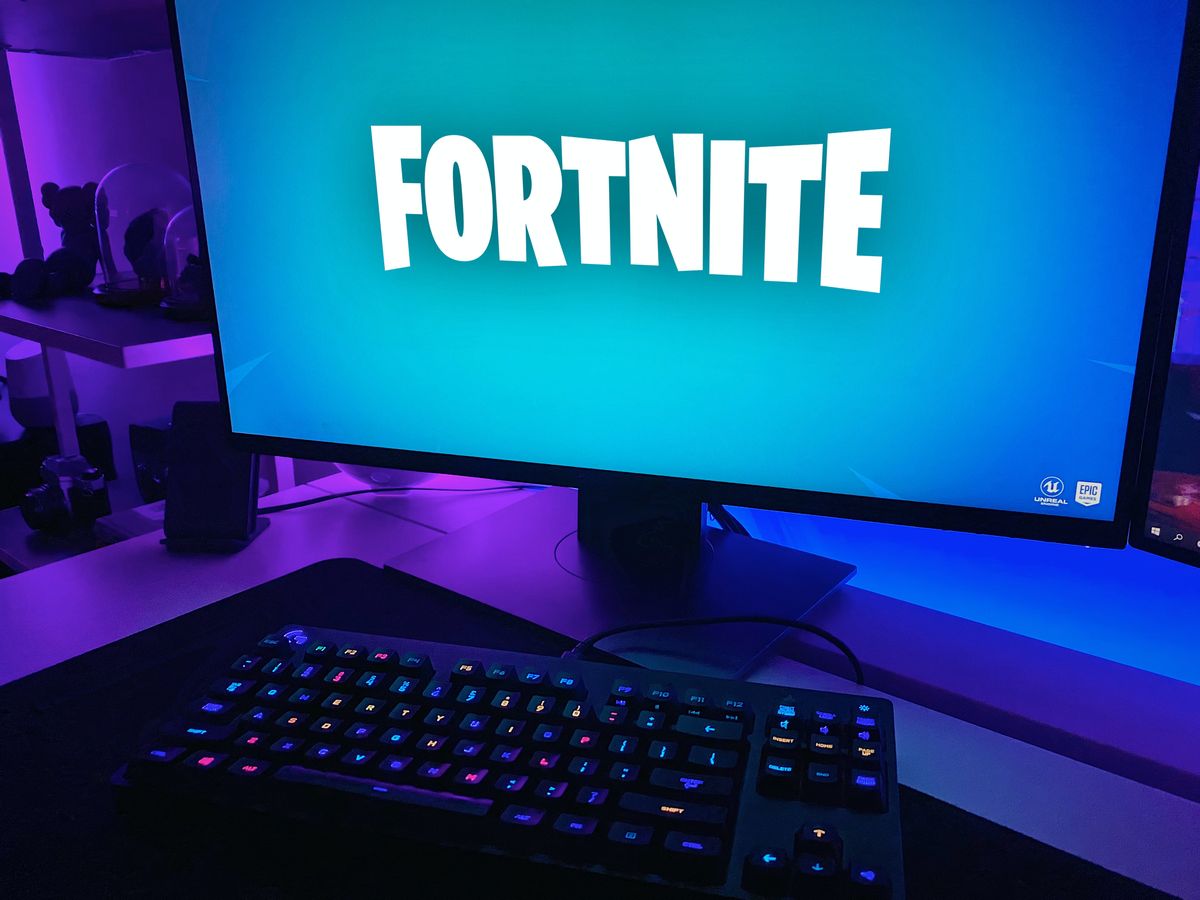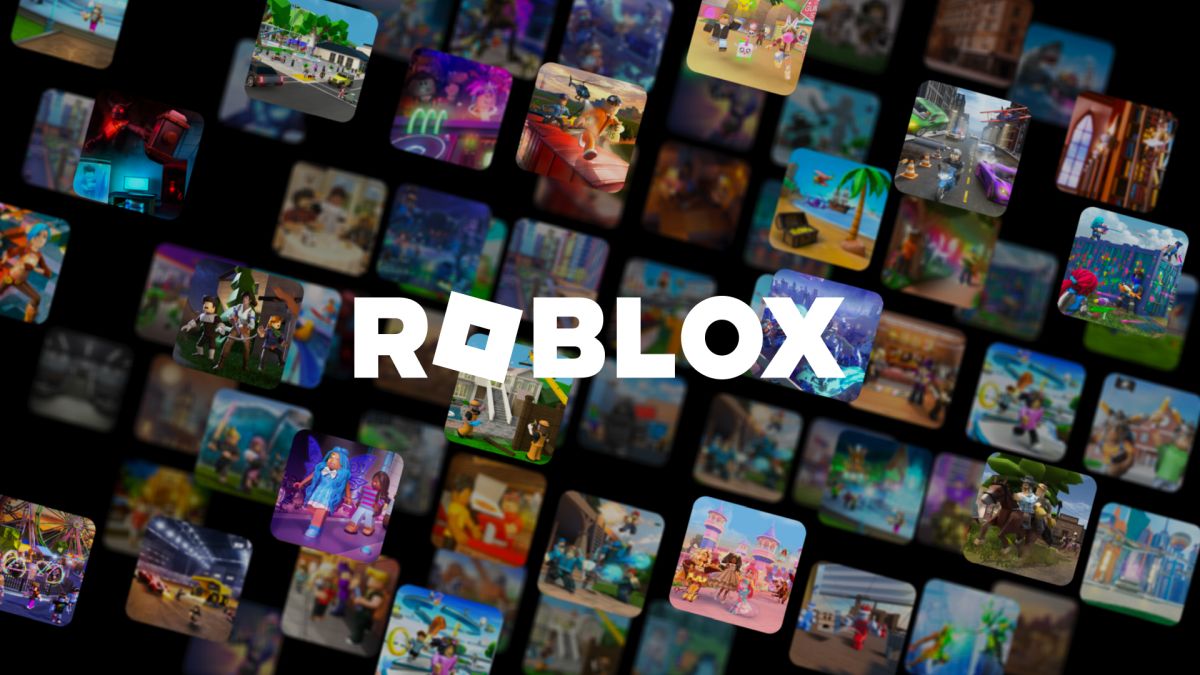Source 2 for CS:GO: A Roundup of the Latest Hints and Leaks

Valve's long-awaited game engine Source 2 appears to be on the brink of integration into CS:GO. In recent months, a number of leaks and rumors have surfaced regarding the engine's potential release, and according to independent journalist Richard Lewis, Valve is set to release a beta version of Source 2 at the end of March.
Sources close to Lewis have stated that Source 2 is "almost ready for deployment" and has already undergone rigorous playtesting by professional players. The community is eagerly anticipating the potential impact of this update, which could fundamentally transform the game by upgrading its graphics to contemporary standards and potentially revising certain mechanics and matchmaking procedures through the implementation of 128-tick servers and other improvements.
Presently, every development undertaken by Steam's developers is being closely monitored by individuals leaking information, fueling rumors within the community. Many are eagerly anticipating the imminent arrival of Source 2 in CS:GO. In an effort to provide clarity on the matter, we have collated the most credible leaks and rumors, which either suggest that the engine's release is imminent or provide insight into the specifics of Valve's ongoing efforts.
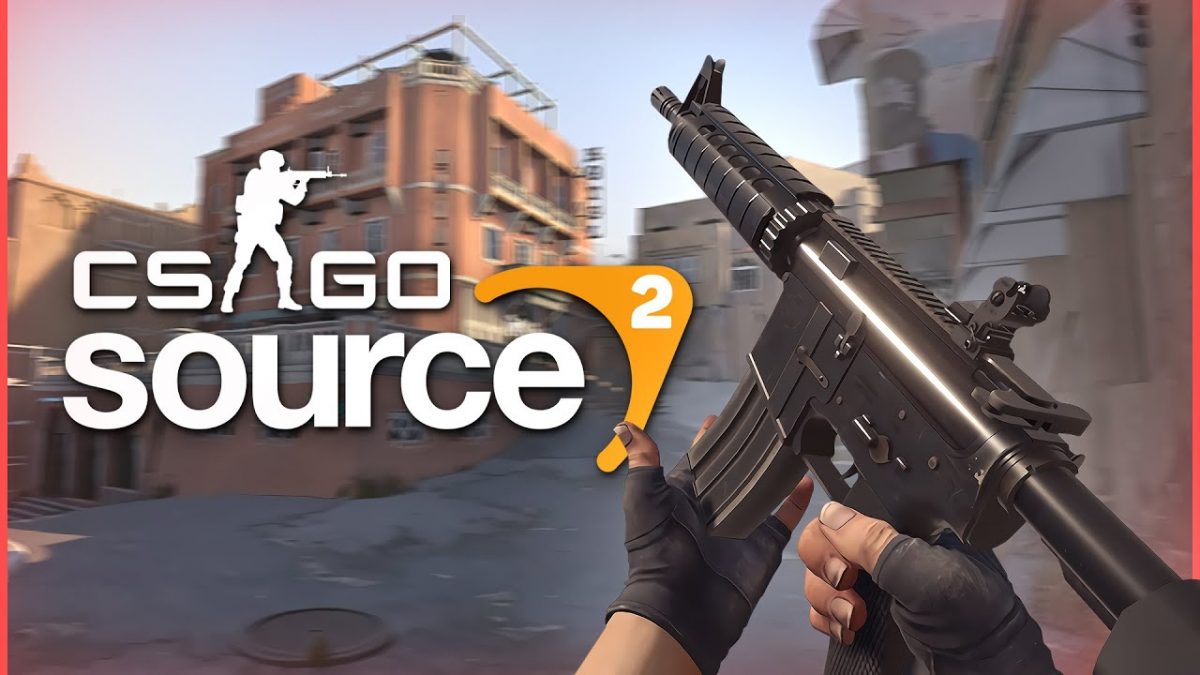
Related: Play Counterstrike in 2D
Speculations, Insights, and Rumors Surrounding the Potential Release of CS:GO 2
The following is a chronological list of insights, rumors, leaks, and responses surrounding CS:GO 2.
March 7, 2023: New Tickless/ subtick system
Despite the anticipation of many CS:GO players for Valve to introduce 128-tick servers alongside the long-awaited Source 2 update, reliable leaker Gabe Follower has expressed uncertainty regarding the potential inclusion of such servers. Currently, all official game modes in CS:GO still operate on 64-tick servers, which has resulted in many players opting to use third-party platforms if they wish to play on 128-tick servers.
Based on recent updates to Dota 2, Gabe Follower suggests that the developers may be exploring a new "tickless/subtick" system. Nonetheless, it remains unclear whether this system will be applied to CS:GO and if it will have any implications for the potential addition of 128-tick servers.
March 8, 2023: Valve spends $300,000 on two maps
Information leaked from CS:GO's item schema API indicates that Valve may have paid $150,000 each for the rights to two popular maps, Anubis and Tuscan, both of which were created by independent map makers. While Valve has not yet confirmed this information, if accurate, it would grant the developers complete ownership of the maps, enabling them to make any desired changes or updates.
March 14, 2023: Devs add Source 2 to the pre-release branch
The recent update to the developer build suggests that Valve may have ceased making further updates for Source 1, which has led reputable CS:GO leaker Ale_CS to speculate that Source 2 may be added to the game as early as this week. The pre-release branch is often used by developers when a product is being prepared for release, making it a promising indication for the imminent introduction of Source 2 to CS:GO. Historically, most CS:GO updates have been released on Tuesdays, Wednesdays, or Thursdays, according to recent tracking.
March 14, 2023: New Source 2 map pool leaked
In recent months, CS:GO leakers have reported that Valve has purportedly transferred seven maps to the Source 2 engine. This selection includes popular competitive maps such as Inferno, Cobblestone, and Overpass, in addition to four casual maps typically played in modes like Wingman or Arms Race: Short Dust, Lake, Shoots, and Italy.
However, it is important to note that the presence of these maps in Source 2 does not necessarily mean that only these seven maps will be available upon its introduction to CS:GO. Gabe Follower has suggested that Valve could have developed full-fledged remakes of these maps, while other maps may be directly ported from the current engine.
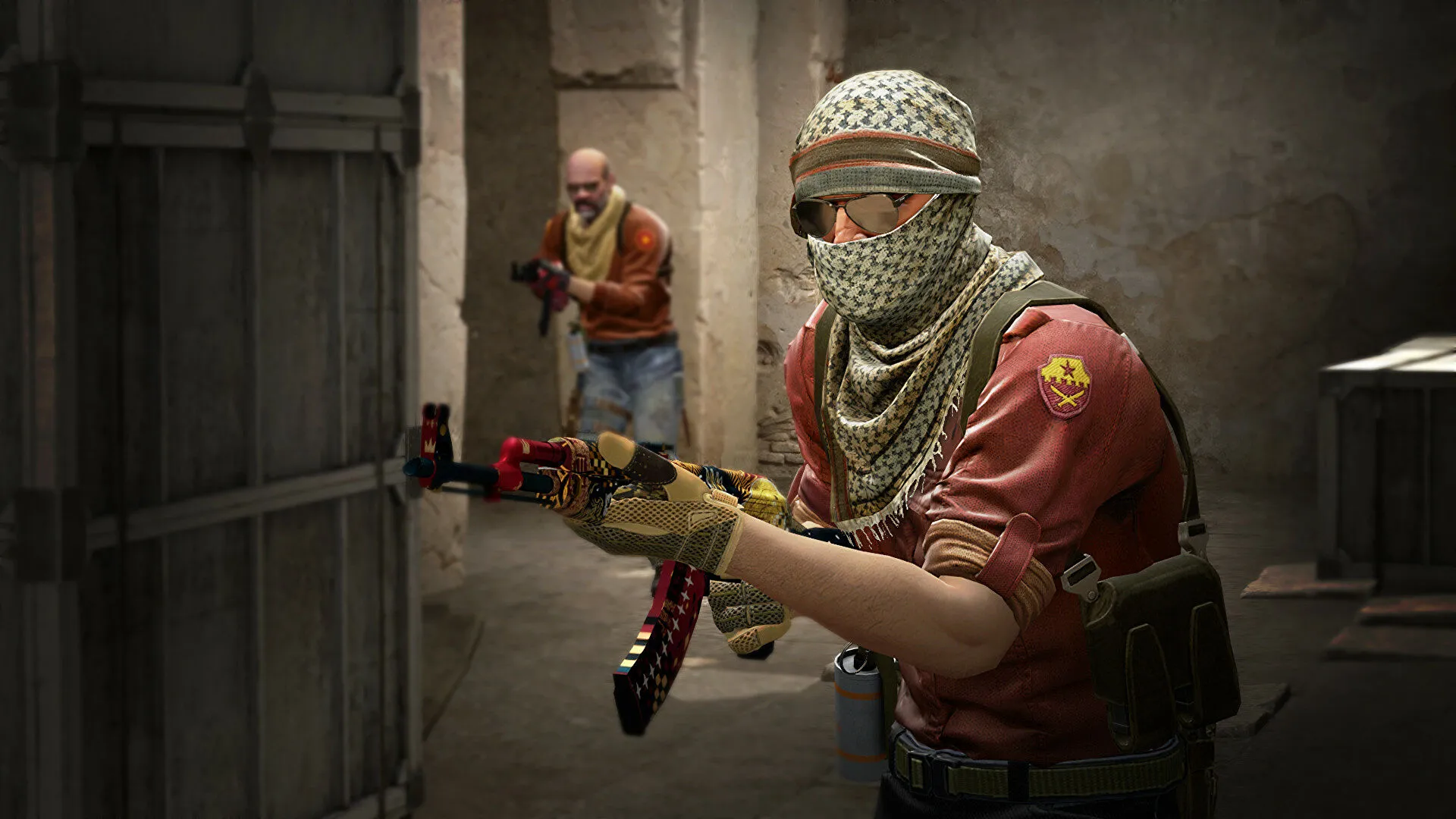
March 14, 2023: CS:GO adds cs2.exe to configs
On the late afternoon of March 14th, Gabe Follower noticed that Valve had introduced a file named cs2.exe to CS:GO. Despite the high expectations among players for the update to drop, nothing materialized. However, the presence of cs2.exe in the game serves as another potential indication that the update may be imminent and could even arrive as early as March 15th. Furthermore, some players have pointed out that Valve often introduces most of its CS:GO updates on Wednesday evenings, so the inclusion of a file such as cs2.exe could signify that the developers are undertaking the final preparations before the update goes live.
March 15, 2023: New tease for Source 2 arrival on CS:GO Twitter account
In response to one of ESL's tweets about the ongoing speculation surrounding the Source 2 update, the game's developers replied with a short clip from the TV series "The Office." While this playful response may not provide any concrete information, it serves as yet another indication that the update is forthcoming and will be introduced in due course.
March 15, 2023: SteamDB reveals another CS:GO update
Players from around the world had been anticipating the arrival of the Source 2 update on Wednesday evening, given Valve's tendency to update the game during that timeframe. Despite the absence of an official update, SteamDB detected the addition of new configurations to the game. It is only a matter of time before the release of Source 2 is expected.
March 20, 2023: New hidden blog post spotted by leaker
On the evening of March 20th, the respected CS:GO leaker, Aquarius, observed that Valve had added new hidden entries to the Valve CS:GO blog, which is traditionally utilized to announce forthcoming updates. This development may potentially indicate that Valve is in the process of establishing new pages in preparation for what is to come.
March 21, 2023: Brand new Twitter banner for CS:GO
Valve has recently unveiled a new logo for the official CS:GO Twitter account, which has fueled further speculation regarding the impending release of Source 2. The developer has frequently updated the Twitter banner since the rumors began circulating, and given the proximity to the usual Wednesday update cycle for the CS:GO client, many in the community are interpreting this latest change as a potential hint that the long-awaited Source 2 engine may finally be dropping soon.
March 22, 2023: New CS:GO branched
The developers have implemented an update to the game code today, which often involves creating a new branch in the codebase to work on a separate version of the application without affecting the previous iteration. This development could potentially indicate that Valve is preparing to introduce Source 2 to CS:GO in the near future.
March 22, 2023: Valve Announces Summer Release for Counter-Strike 2
Valve has broken its silence regarding Counter-Strike 2, marking the first official statement since Richard Lewis first reported the anticipated arrival of Source 2 to CS:GO this month. Counter-Strike 2 will be a free upgrade to CS:GO and is currently available for testing to a select group of players. This update brings significant changes to the gameplay mechanics of the title, with a complete overhaul of smoke grenades, improved accuracy during movement and shooting via the implementation of sub-ticks, and a corresponding rework of maps to align with these changes.
March 22, 2023: Possible Anti-Cheat System in Counter-Strike 2 Identified by Aquarius
Following the announcement of Counter-Strike 2 and the upcoming limited playtesting scheduled to commence on March 22, it is unsurprising that certain individuals have begun to explore the game's files in search of information. Among these individuals, a prominent leaker known as Aquarius has shared a screenshot of code containing the term "AntiCheat," which may suggest the potential introduction of a new or improved anti-cheat system in Counter-Strike 2. Given the extensive revamping of the game's systems, it is reasonable to speculate that its anti-cheat measures will also undergo significant upgrades.
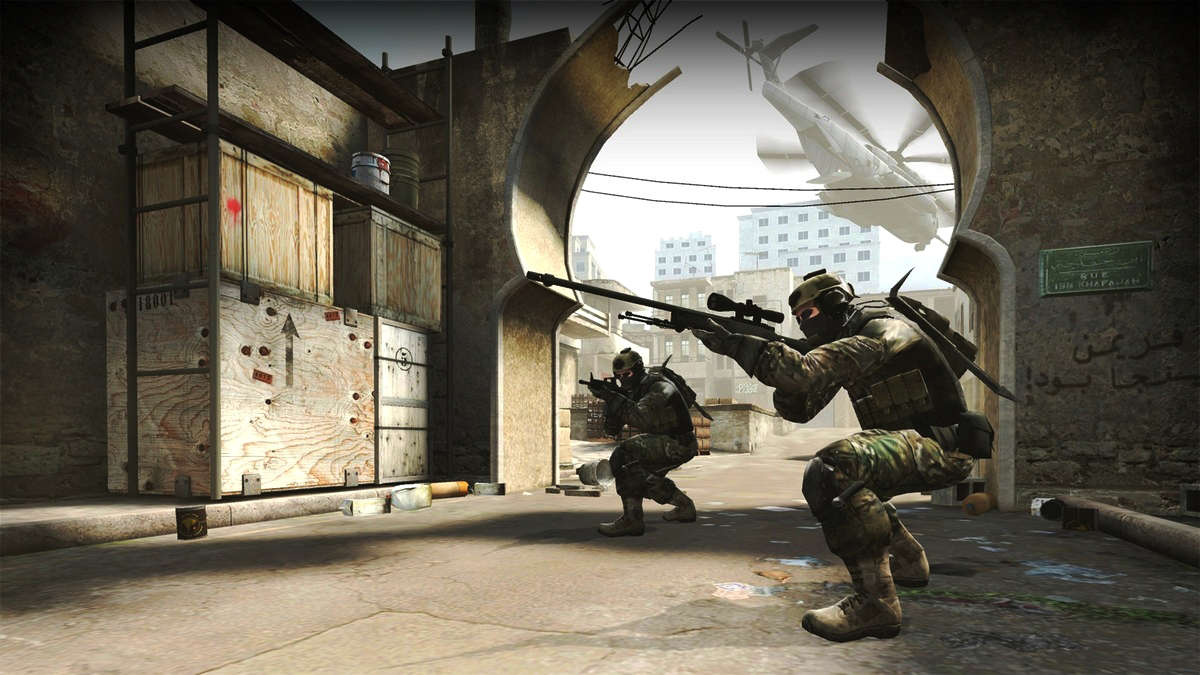
Related: Valve releases Source Filmmaker
Leakers: Providing you with everything you need to know about CS:GO
The ongoing speculation surrounding the release of Source 2 for CS:GO has been fueled by a variety of potential hints and leaks, including the addition of new files and maps to the game, changes to the official Twitter account's logo, and the purchase of map rights by Valve. Despite the excitement surrounding the potential introduction of Source 2, there remains uncertainty regarding certain aspects of the update, such as the inclusion of 128-tick servers and the specific changes that will be made to the game's maps and mechanics.
Nonetheless, with the pre-release branch now active and developers reportedly preparing for release, it seems that CS:GO players will not have to wait much longer before experiencing the full impact of the Source 2 engine.
Advertisement
